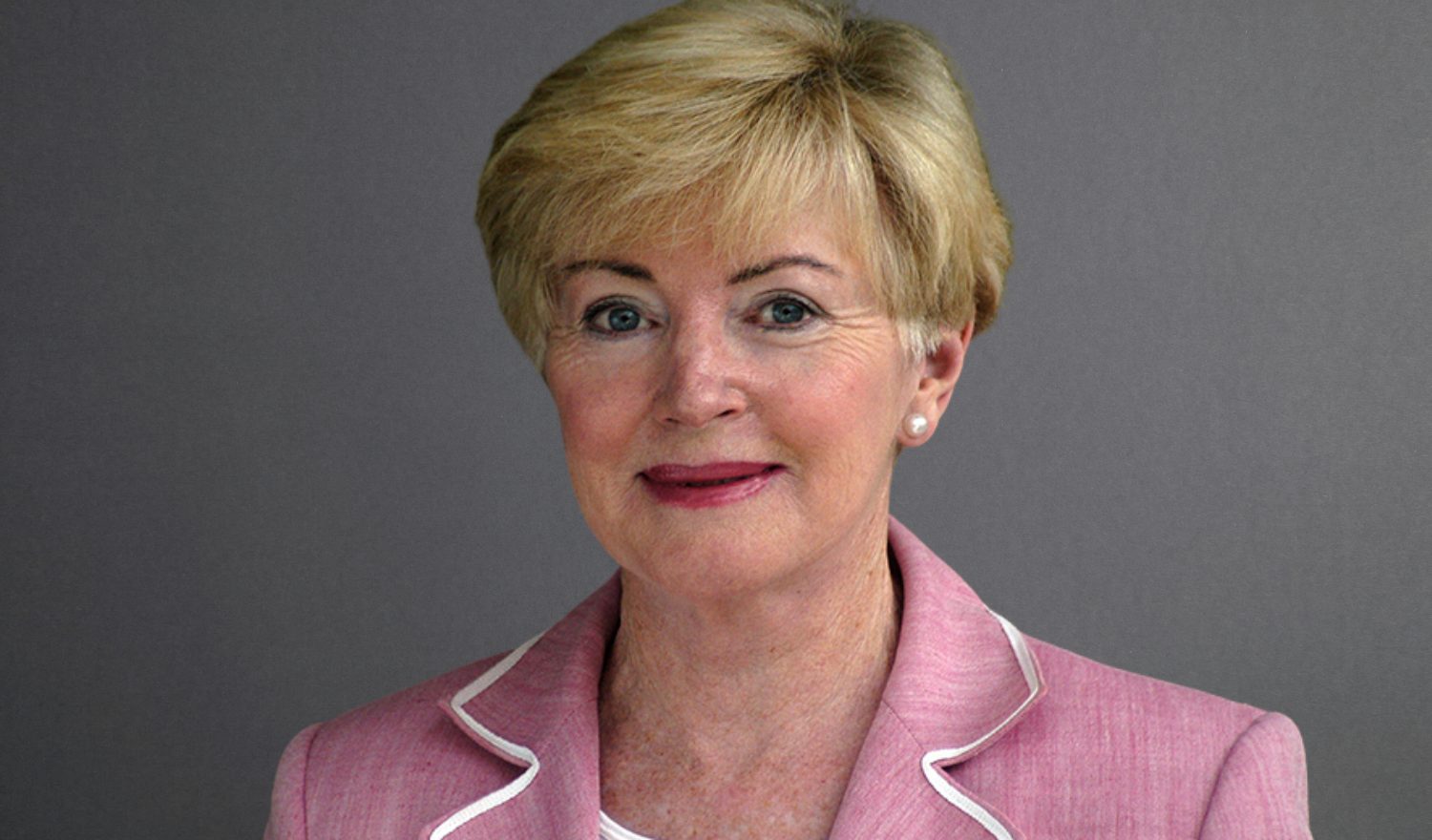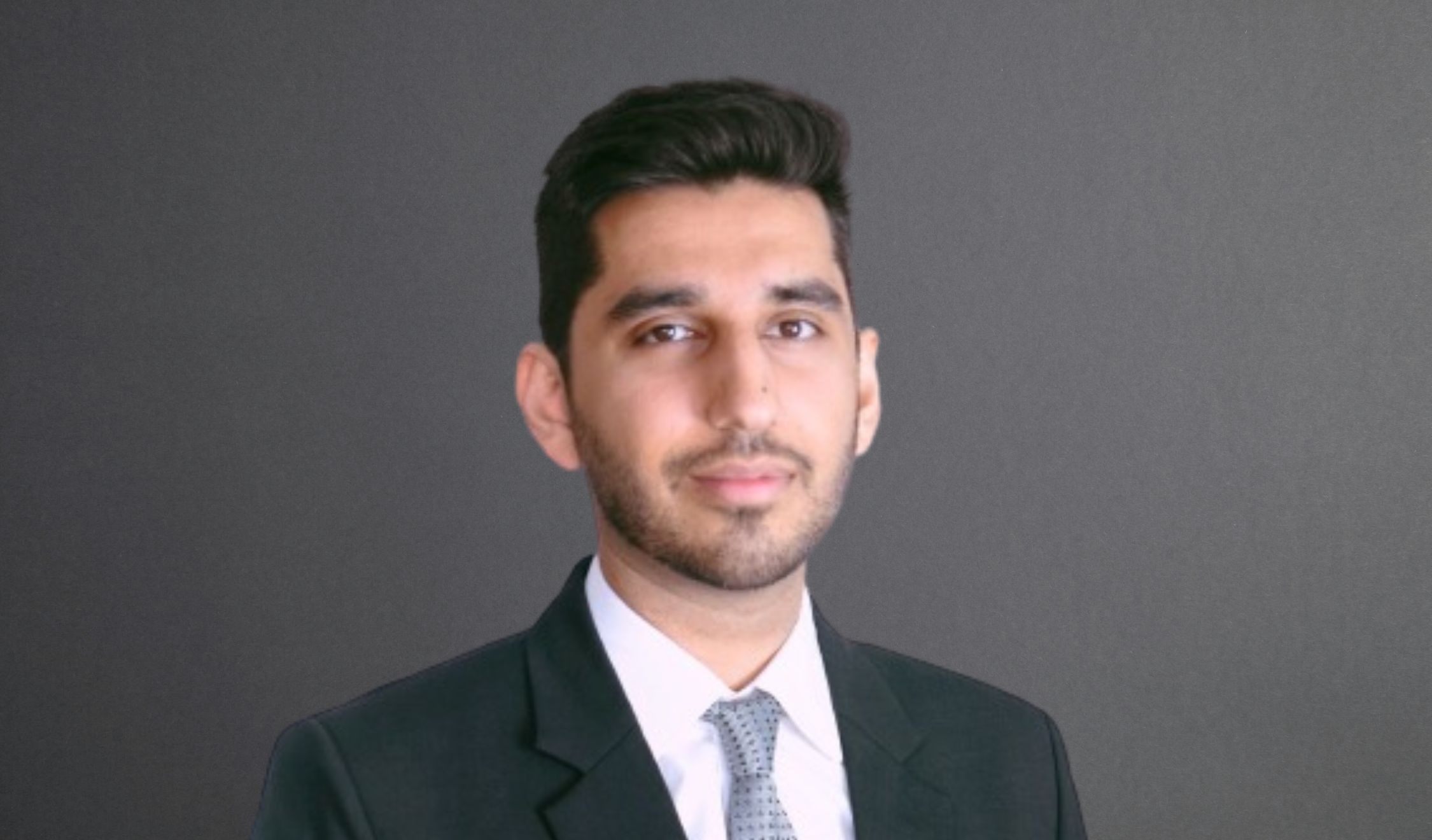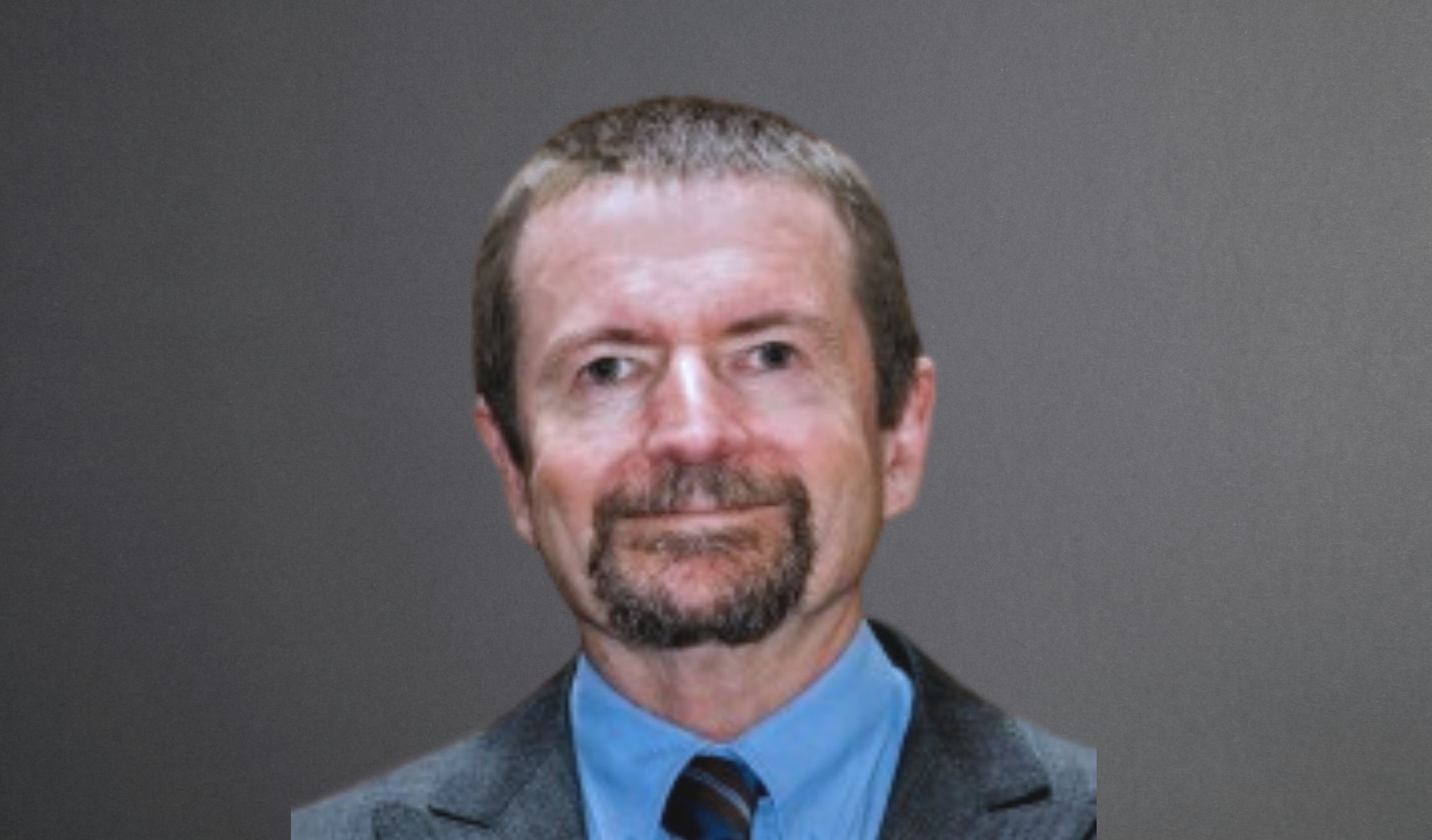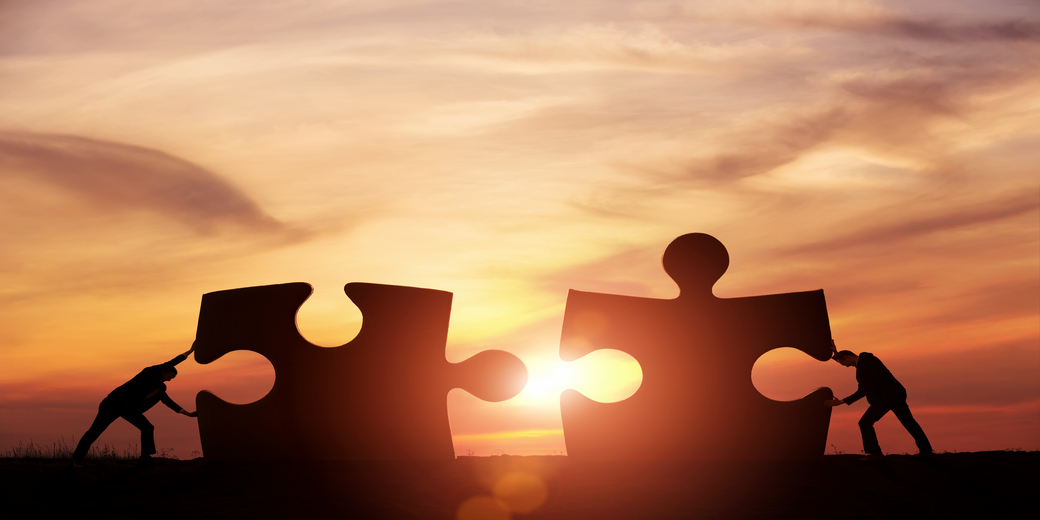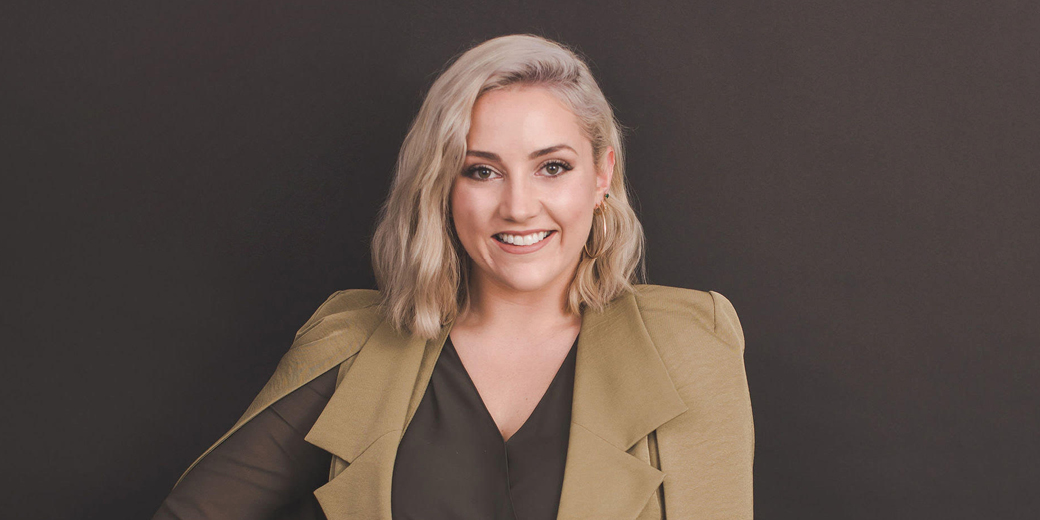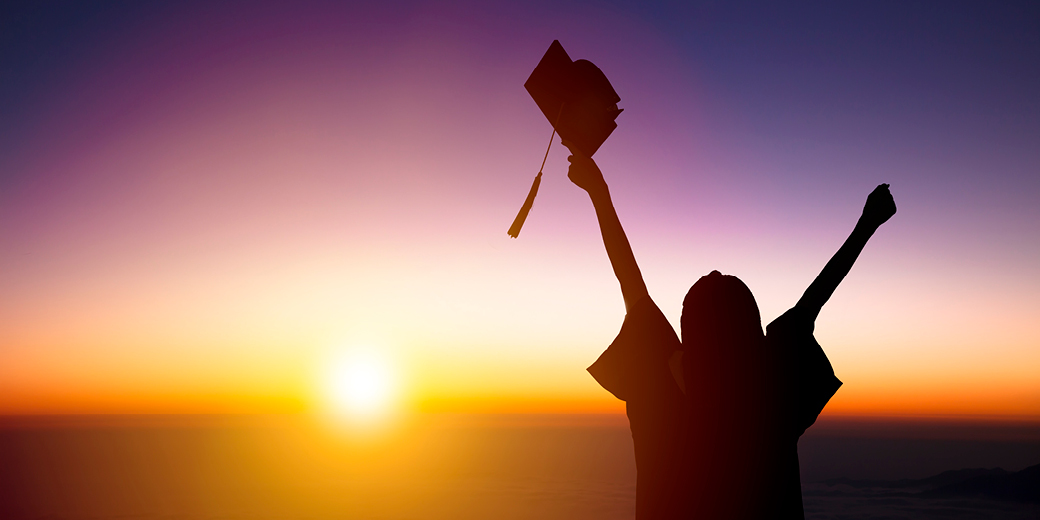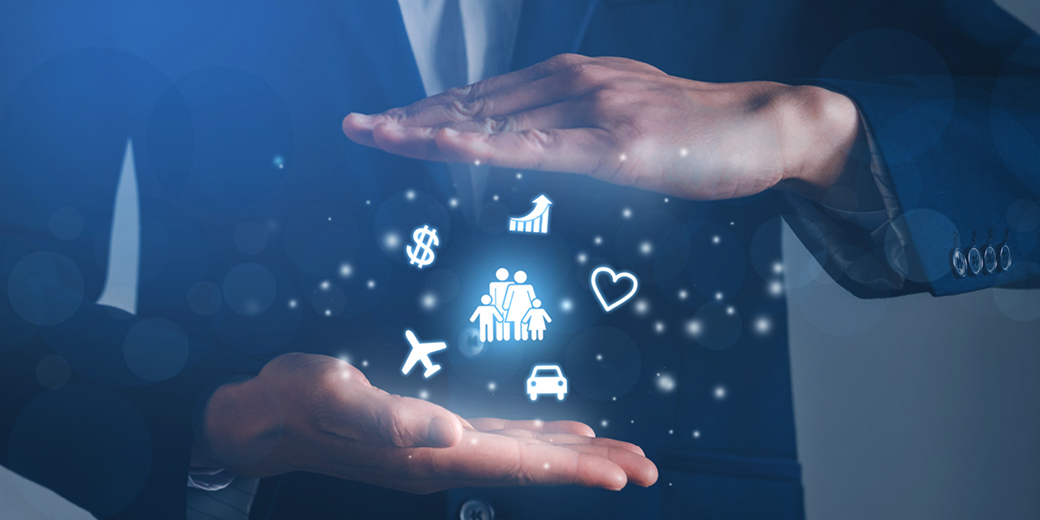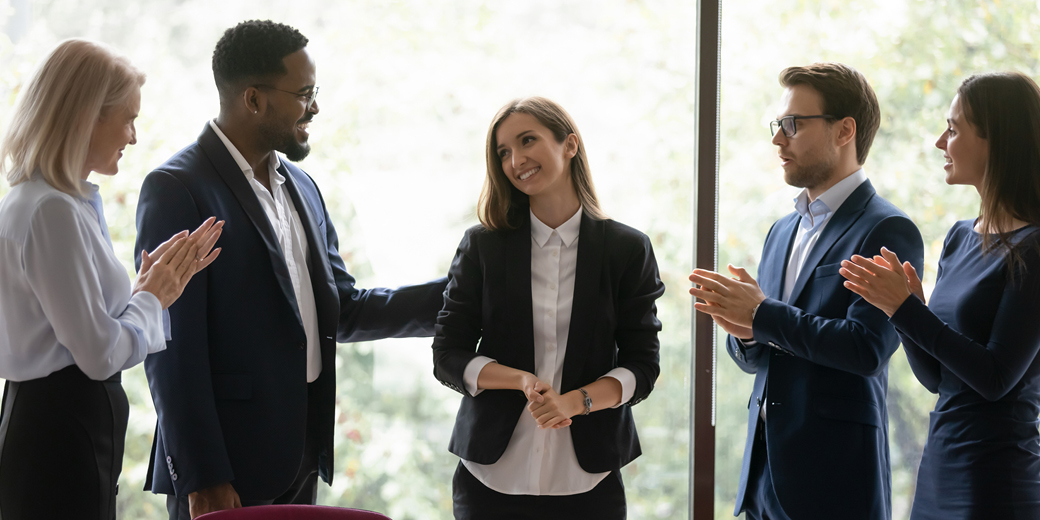Ymania Brown has led an impressive corporate career as in-house counsel, IP lawyer, head of finance and HR, the list goes on. She has also led an extraordinary career in advocacy.
A trans woman, mother and grandmother, Ymania is a strategic advisor and project lead with Equality Australia for the Sydney World Pride Human Rights Conference, and Co-Secretary General for the International Lesbian Gay Bisexual and Intersex Association (ILGA World) presenting at the United Nations. On top of all these achievements, Ymania paved the way for trans adoption in Samoa.
Each day Ymania is driven to help those without a voice. As a College of Law graduate (completing the Master of Laws (Applied Law) majoring in in-house practice), experienced lawyer and someone who has faced major diversity and inclusion issues throughout her life, we wanted to hear from Ymania on how the Australian legal system can improve diversity and inclusion within its firms, legislation and legal structures.
To understand the importance of systemically improving diversity and inclusion policies in Australia we need to walk in the shoes of those most vulnerable.
Trigger Warning: strong themes and issues discussed
The difficult statistics
The path trans people walk is often fraught with discrimination and violence. Tragically, many lose their lives to aggressors or suicide. This is something Ymania has witnessed firsthand.
“I have known so many who did not make it through, and we lost them at a much earlier stage in their transition,” Ymania says. “The first peer-reviewed study of the health and wellbeing of transgender adult Australians in 2021 paints a shocking truth. Of the 928 participants, lifetime diagnosis of depression was reported in 73%and anxiety in 67%. Most concerningly, 63 % reported previous self-harm and 43% had attempted suicide.”*
While cultural rejection has been one part of the trans experience, it has also been a legal issue. In Australia there was very little legal recognition for trans men and women in the 80’s, 90’s and even 2000’s. This led to many in the trans community living away from the spotlight, doing their best to get jobs and be accepted in their communities, but there have been inherent roadblocks to becoming functioning members of society.
“When I first came to Australia, I could not find a job despite the fact I was working for the New Zealand government, had experience and qualifications, but my “transsexualism” was always given as the reason for my being unsuccessful. And back then they were not even careful or mindful about disclosure. They would point blank tell me - of course things are different now,” Ymania explains.
Growing up in Samoa, Ymania did not face the same kind of discrimination against her gender identity as she did in Australia and New Zealand. The oppression, violence and discrimination were a “brutal revelation” according to Ymania.
“I knew I needed to have gender reassignment surgery and the concept of gender affirming care and paid gender reassignment surgery were not even thought of back then. I needed to find a place to live and sleep,” Ymania says. “I ended up on the streets of Sydney – I worked as a trans sex worker to survive, I slept in doorways of abandoned factories in winter, I washed up at The Gender Centre in Petersham, but I persisted, and I saved enough money for my surgery in 1989.”
It was at this point Ymania’s life completely changed, she moved to Europe and became a runway model. While the international fashion experience was a wonderful one, after several years the “carb deprivation” wore thin and Ymania moved back to New Zealand to return to university. It was here the seeds of activism sprang to life.
“Those seeds were sown in my experiences in Sydney, in hostile and infertile ground, but kicked into life by student politics/affairs in Massey University Wellington,” Ymania says.
In the late 90s Ymania moved back to Sydney and caught the beginning of the internet wave. One of her university lecturers was a partner at an accounting firm and he wanted to start an internet company, this later became The Gruden Group. The Group, which built government websites (tenders.gov.au), offered social media marketing (Blackglass) and built mobile apps (MobileDen), listed on the ASX and was then acquired by Incentia Pay (INP).
“I started off in finance then moved to HR, then finally to legal as the in-house counsel. I did not move and had no cause to move, I had found my place in corporate Australia,” Ymania says. “And because I was allowed to grow in a loving and supporting environment, I was able to start picking up advocacy threads, which have formed a strong rope of visibility and being a voice not only to the trans community but to LGBTIQ populations around the world.”
Overwhelming adversity
It is hard to separate Ymania’s extraordinary personal journey and extraordinary career achievements from the enormous challenges she experienced as a child.
Growing up in Samoa Ymania’s biological father was a violent alcoholic - an ongoing issue with gender-based violence statistics remaining high in Samoa. The violence drove Ymania’s mother away, who was the main recipient of the violence, leaving nine-year-old Ymania to raise her younger siblings and help care for her incapacitated father. Things took a turn for the worse when her father asked a male cousin to live them, he sexually abused Ymania for years until her father re-married. Ymania saw her opportunity to leave and joined her mother and stepfather in New Zealand.
“No amount of vilification, violence and discrimination in Australia was ever going to affect me and my mental health because I had already experienced the worst of human behaviour towards children from a very young age - yet I still got up and fed my sisters, bathed and took care of them for years, took care of my father, until he re-married and my stepmother took over,” Ymania says. “If I was not going to push the switch then, I would never ever push that switch no matter how hard life was in Australia. It’s a walk in the park compared to my earlier experiences in life.”
While Ymania has worked as a corporate counsel, executive and become a human rights activist on a global scale, her greatest dream was to become someone’s wife and mother. Through a series of circumstances, Ymania adopted her two boys from an ex-partner in Samoa.
“I just thought you want to be a mum, you had gender re-assignment surgery, you can go and adopt... The Samoan government said otherwise, so that’s how I started my activism. And when I received my older son’s birth certificate, we both sat down, and I cried for hours. Me, an abused and raped kid, a former street prostitute, is good enough to be on a birth certificate that lists me as the mother of a child. And if I can do that, then what else can I do to help others!”
Advocacy credentials
As early as 2014, Ymania volunteered as the Co-Chair of ILGA Oceania, the Australia NZ and Pacific Islands branch of ILGA World, a federation of over 1800 members from close to 170 countries who have been at the forefront of the fight for LGBTIQ liberation since 1978. From there, Ymania became Co-Chair of the Global Interfaith Network for People of All Sexes, Sexual Orientation, Gender Identity and Expression (GINSSOGIE) based in Johannesburg, as well as Co-Chair of the International Trans Fund, a participatory grant making fund made up of trans activists and donors registered in Toronto.
In 2019, Sydney won the bid to host WorldPride, along with its associated Human Rights Conference. Sydney WorldPride put out a bid for community partners to curate the conference and Equality Australia put in the only bid in conjunction with ACON, AFAO, BLaQ Aboriginal Corporation, APCOM, Intersex Human Rights Australia, LGBTIQ Health Australia and a Youth and Disability Adviser, Paige Burton. Ymania joined Equality Australia shortly after as the Strategic Adviser for the Sydney WorldPride Human Rights Conference. She is currently finalising the conference report to Sydney WorldPride and will continue in a finance and HR operations capacity at Equality Australia.
“I provided advice on the content of the Human Rights Conference program, the speakers and presenters and the general issues from Code of Conduct to conflict resolution. For ILGA World, I was elected their first trans woman Co-Secretary General in March 2019 and was re-elected in April 2022 and my term will end in March 2025,” Ymania says.
“For both myself and Luz Aranda, a bisexual woman from Mexico, it was a momentous first for ILGA World to be led by two women of colour ever in its history. As Co-Secretary General, we lead the board, and represent ILGA World and act as joint line manager to the Executive Director. My legal training has also helped ILGA World in guiding the organisation through Swiss Law obligations under the Swiss Civil Code and the Swiss Code of Obligations with external counsel.”
Critical Australian legal diversity and inclusion issues
We asked Ymania for her opinion on the cornerstone diversity and inclusion issues that need to be addressed within the Australian legal system. These were Ymania’s answers:
1. Overrepresentation of First Nations Aboriginal and Torres Strait Islander people in the criminal justice system: “There is a problem and we need to look at foundational and systemic issues that contribute to this.”
2. Access to justice: “Like with health care, legal access is a must-address issue – otherwise Australians from low socioeconomic backgrounds are left behind. Yes, some law firms do amazing pro bono work and programs, but it’s not enough, more needs to be done.”
3. Lack of diversity in the judiciary: “Women, people of colour, First Nations Aboriginal Torres Strait Islanders, LGBTIQA+ are amongst those missing. No offence to our colleagues on the bench, but visibility can expand the range of perspectives that are considered in legal decision-making.”
What can legal firms do to make an inclusive difference?
The current buzzword is DEI or Diversity, Equality and Inclusion or Diversity and Inclusion (DI) – these have become increasingly important topics in the legal profession as legal practitioners manage the ramifications and consequences of client advice relating to diversity, equality and inclusion.
From Ymania’s point of view, as a trans woman fighting for LGBTIQ equality and as a former in-house counsel, despite the significant progress made, the following four issues “keep me up at night”:
1. Lack of Diversity: “The legal profession in Australia is not as diverse as it should be, with a significant underrepresentation of certain groups, such as women, Indigenous Australians, and people from non-English speaking backgrounds. This lack of diversity can make it difficult for these groups to access legal services and can result in a less comprehensive and diverse range of perspectives being considered in legal decision-making. Add the lack of LGBTIQ to the mix and that is even more dire. But it’s not just in the legal profession, look around the corporate boards and their diversity and inclusion records? We need to fix this and fast.”
2. Unconscious Bias: “This is a left field play – so you have your diversity, equality and inclusion in place, and firms and corporates aim to hire a diverse workforce, but unconscious bias can play a role in hiring and promotion decisions. Unconscious bias can limit opportunities for individuals who are not part of the dominant culture or background. Get some training on this. There are several practitioners that can work with law firms to improve this.”
3. Inclusive Workplace Culture: “You have your diversity, equality and inclusion group made up of LGBTIQ lawyers but are you creating a genuinely inclusive workplace culture? Many law firms struggle to promote diversity beyond the tick-a-box initiatives. The example I note about LGBTIQ lawyers, you get them to be a part of the diversity, equality and inclusion Working Group or similar, and prima facie it looks like you have diversity, equality and inclusion, but do you know the toll it takes on your LGBTIQ lawyers? They are expected to carry the burden of promoting diversity within these firms and this often leads to burnout and exclusion.”
4. Intersectionality: “As members of the legal profession, lawyers, in-house counsels, attorneys, law firms – if you are not doing so, you must acknowledge and address these intersecting identities to create a truly inclusive workplace.
Remember that diversity is not limited to gender, ethnicity, or race but includes a range of intersecting identities, such as age, sexual orientation, disability, and socio-economic background and so many more. Get more lenses and wear them with pride!”
What advice do you have on diversity, equality and inclusion?
Ymania has spoken to corporates and law firms about her experiences and on diversity, equality and inclusion.
“I’ve spoken around pronouns, how corporates can meaningfully engage with human resources on ensuring diversity, equality and inclusion is not a one-tick-box solution and forget about it, but to start at the human resources policy level. From there, they can do some consultation and build out the final offering for all staff,” Ymania explains.
“And it’s not just pronouns – it’s bathrooms, it’s gender identity and expression and dress code, it’s gender affirming care, and the boards and management must buy in and be committed to the policies and changes. Imagine the message it says to LGBTIQ staff when they receive an email from the CEO or Managing Director or Managing Partner with pronouns!”
From a process of consultation, quantifiable asks with application of an intersectional lens can be applied.
“The lack of diversity, equality and inclusion is not because of one thing missing – it’s a plethora of conditions that exist,” Ymania explains. “And to address it, you need to have an intersectional approach. Think of a differently abled trans woman of colour who is a new law graduate, they are not just dealing with one issue but many. Put some policies in place, check back with staff, see how they’re working, monitoring their success, rinse and repeat.”
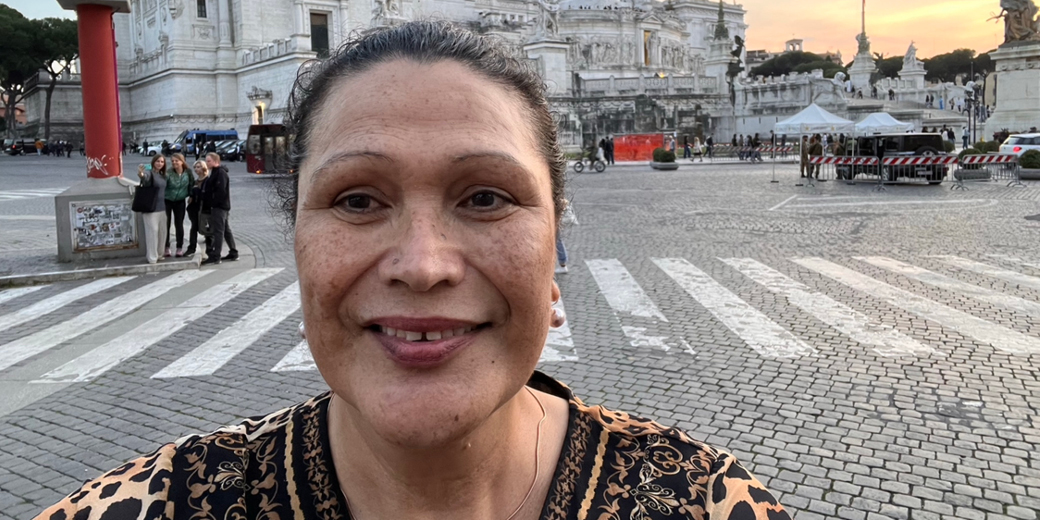



























![How to handle Direct Speech after Gan v Xie [2023] NSWCA 163](https://images4.cmp.optimizely.com/assets/Lawyer+Up+direct+speech+in+drafting+NSW+legislation+OCT232.jpg/Zz1hNDU4YzQyMjQzNzkxMWVmYjFlNGY2ODk3ZWMxNzE0Mw==)































